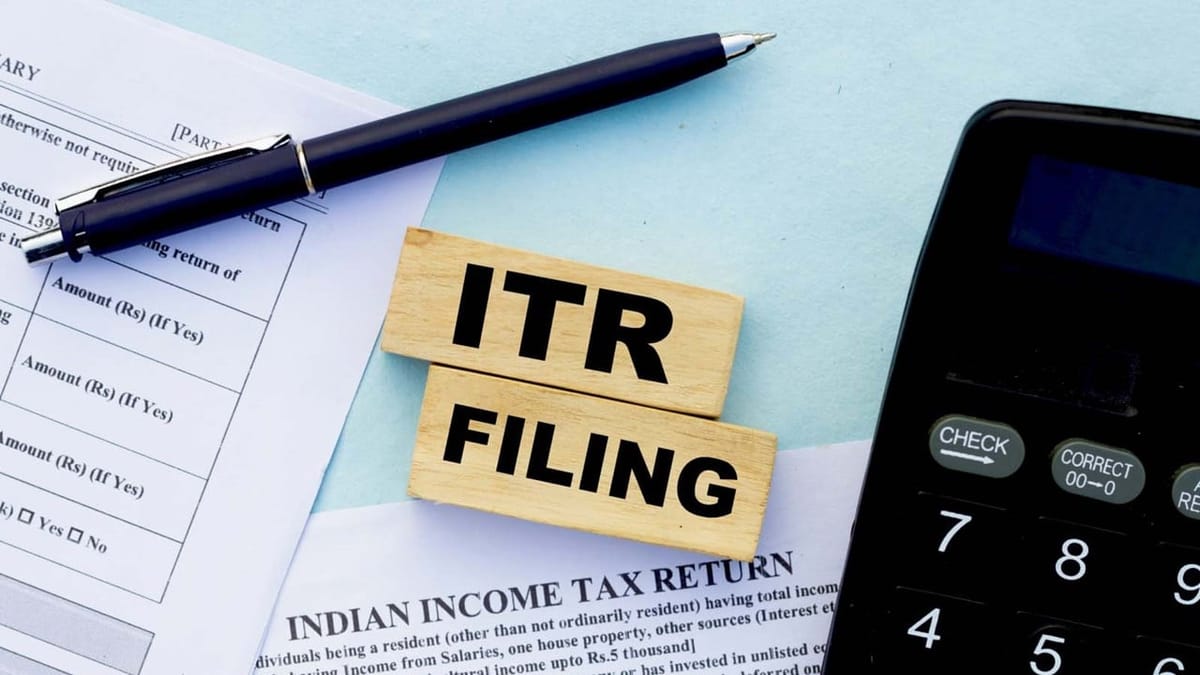Missed the ITR Filing deadline? Income Tax Department allows taxpayers to file a belated return.
Anisha Kumari | Jul 20, 2024 |

What will Happen if you File ITR after the July 31 Deadline
What if you missed the July 31 deadline? Well, no worries. It’s not the end of the road though. Income Tax Department allows taxpayers to file a belated return. Here’s how to file a belated ITR. Also includes an understanding of the penalties and disadvantages involved.
A belated return is an ITR filed after the due date. This is typically July 31 for individuals. You can easily file your belated return until December 31. For the financial year 2023-24, you can file your return by December 31, 2024. However, it’s crucial to understand the implications of filing late.
1. Gather Documents: Collect all necessary documents. Include Form 16 interest certificates, TDS certificates and other relevant financial documents.
2. Log in to the Income Tax Portal: Visit the Income Tax e-filing portal. After that login, you will need to register first if you do not have an account.
3. Select Appropriate ITR Form: Choose the correct ITR form based on your income sources. For most individuals ITR-1 (Sahaj) is suitable.
4. Fill in Details: Enter personal and income details correctly. Make sure you include all income sources, deductions and TDS information.
5. Verify and Submit: After filling in the form, verify details carefully. Once you are sure everything is correct. Submit your return and don’t forget to e-verify your return using Aadhaar OTP net banking, or send a signed physical copy to the Centralized Processing Center (CPC).
1. Penal Interest on Tax Dues: If you have any outstanding tax liability you will incur penal interest under Section 234A. This interest is charged at 1% per month or part of the month on the unpaid tax amounts. It applies from the original due date to the actual filing date.
2. Penalty for Filing Belated ITR: Under Section 234F, the penalty of Rs.5000 is levied if a belated return is filed after the due date but before December 31 of the assessment year. If filed after December 31, the penalty increases to Rs.10000. However, for small taxpayers with a total income of up to Rs.5 lakh, the maximum penalty is capped at Rs.1000.
3. Loss of Interest on Refunds: If you are due for the tax refund, filing late can result in a loss of interest on the refund amount. The interest is calculated from the date of filing the return.
4. Disallowance of Deductions and Carry Forward of Losses: You may not be able to carry forward certain losses to the next financial year if you file a belated return. This includes business losses or capital losses.
Filing a belated ITR should be a last resort as it comes with penalties and disadvantages. However, if you miss July 31 deadline it’s better to file late than not at all. By understanding the implications, you can ensure compliance with tax laws. Following the outlined steps can help minimize the negative impact of filing your return after the due date.
In case of any Doubt regarding Membership you can mail us at [email protected]
Join Studycafe's WhatsApp Group or Telegram Channel for Latest Updates on Government Job, Sarkari Naukri, Private Jobs, Income Tax, GST, Companies Act, Judgements and CA, CS, ICWA, and MUCH MORE!"